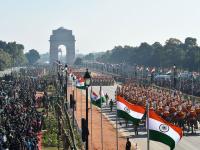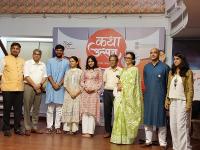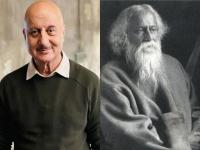Happy Birthday Rabindranath Tagore: Lesser known facts about India's first Nobel laureate
By Benson | Published: May 7, 2020 10:28 AM2020-05-07T10:28:01+5:302020-05-07T10:42:44+5:30

Rabindranath Tagore wasn’t just the first Asian to win a Nobel prize, but also the first Non-European to mark his prominence in literature.
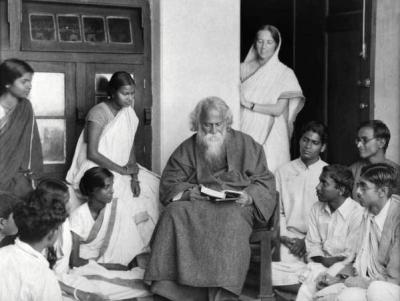
Rabindranath Tagore invested his Nobel Prize money in constructing the “Visva-Bharati” school in Shantiniketan. The school ran on the Shantiniketan Education System and gave the nation many distinguished personalities, Amartya Sen, Satyajit Ray, and Indira Gandhi to name a few out of many others.
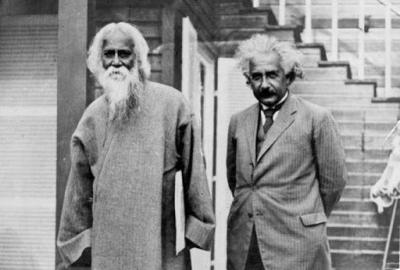
Tagore was once invited by Albert Einstein at his home. The two talked about religion and science and their chat has been documented in the “Note on the Nature of Reality”.
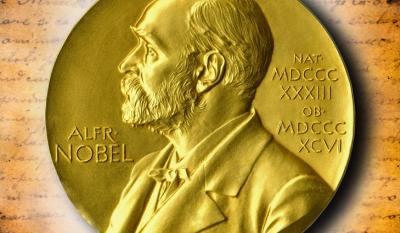
In 2004, Tagore’s Nobel Prize medal was stolen in a theft at Shantiniketan. The Swedish Academy gave him the award again in the form of two replicas, a gold and a silver.
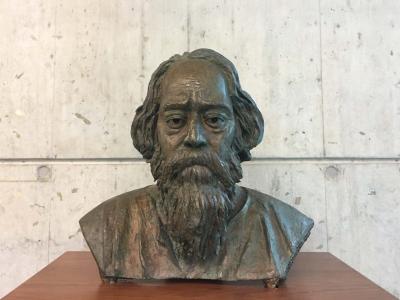
King George V of England knighted Rabindranath Tagore in 1915 for his great contribution in the field of literature. However, following the tragic massacre at Jallianwala Bagh in 1919, he renounced his title.
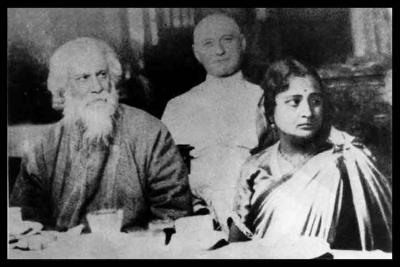
Rabindranath Tagore also had a cinematic legacy. Tagore's work found cinematic depiction even before the advent of the 'talkies'. These include: Manbhanjan (1923), Bisarjan (1929), Bicharak (1929), Giribala (1930), Dalia (1930) and Noukadubi (1932), based on different stories by Tagore.
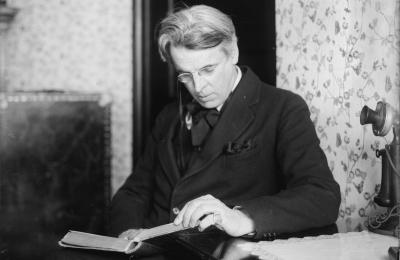
The preface of Tagore’s most acclaimed work, Gitanjali, was written by another greatest poet of the 20th century, W.B. Yeats.


















